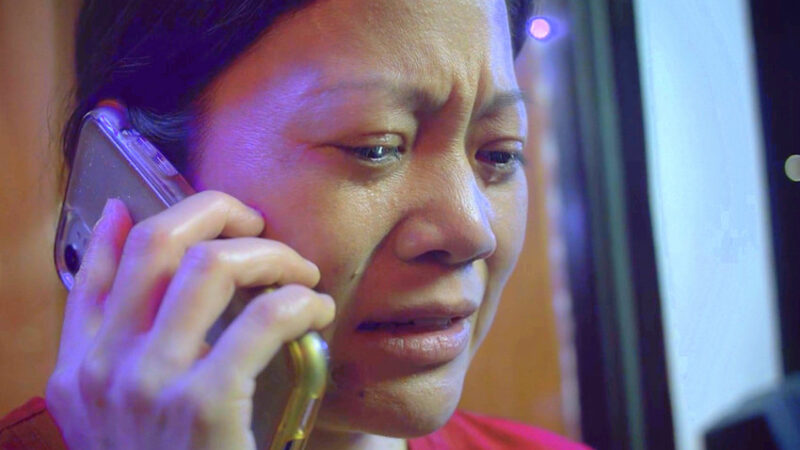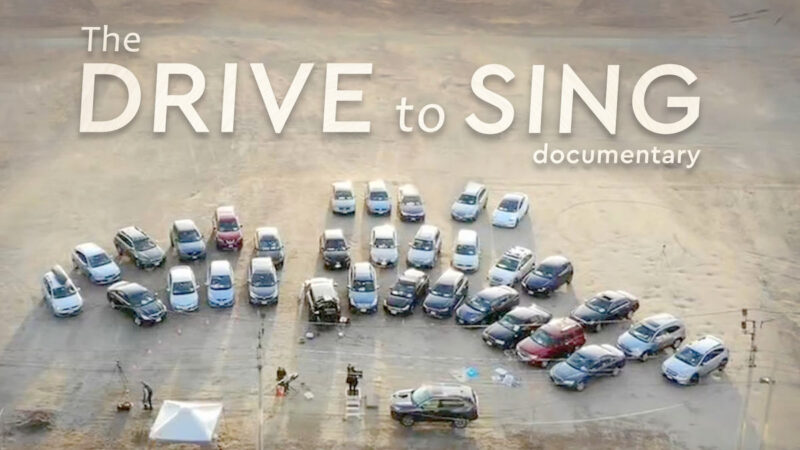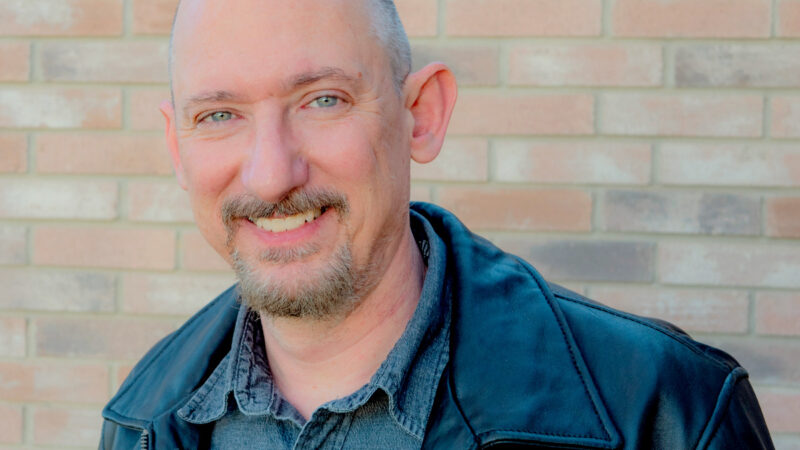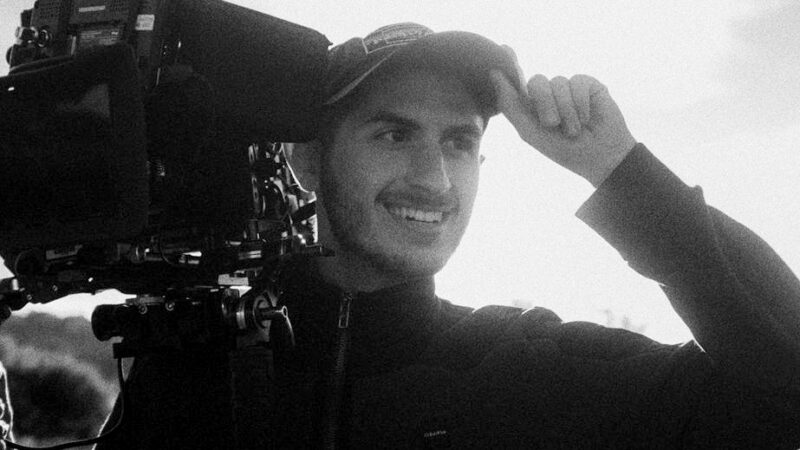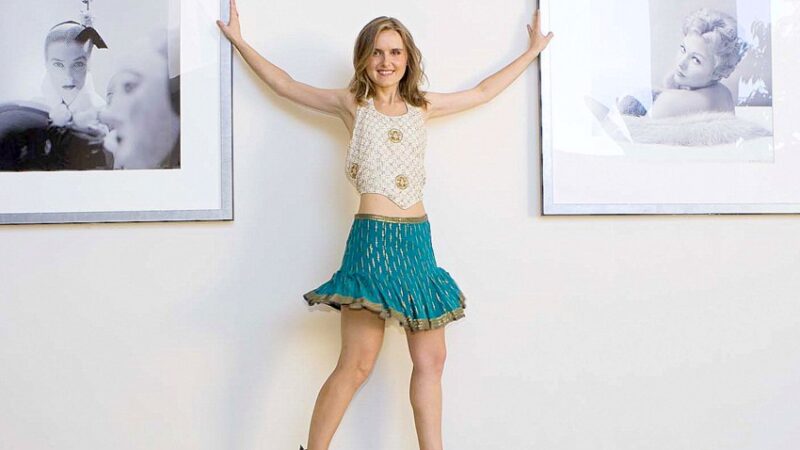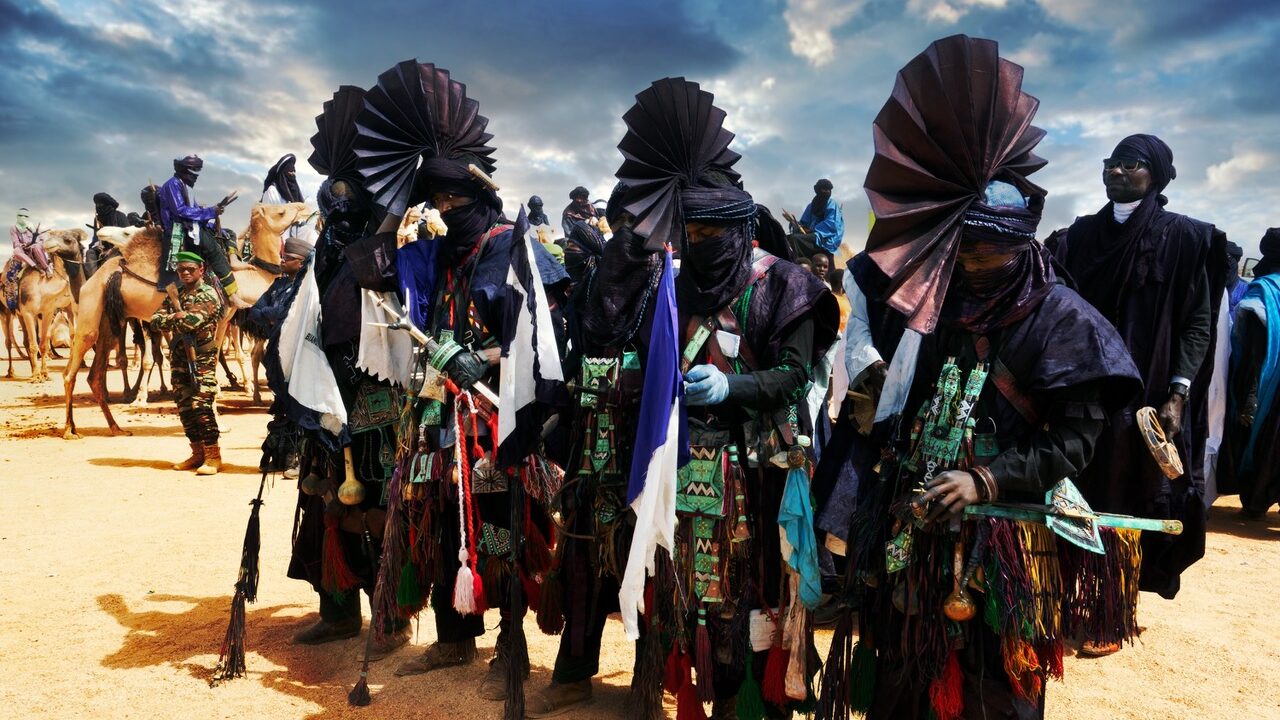
Narrative | Dramatic Features
Film Name “Expedition Niger – Real Africa”, 101 min
Genre: Feature Documentary
Date: May 2020
Director: Roberto Fischer
Producer: Roberto Fischer (producer), Alka Fischer (executive producer), HIPPOtv GmbH, Munich, Germany
Writer: Roberto Fischer, Philipp Goller
Cinematographer: Roberto Fischer
Production Company: HIPPOtv GmbH Ellingerweg 98 81673 Muenchen Germany
Budget: 300.000€
Financing: HIPPOtv GmbH
Shooting Format: 4K/UHD, HD
Screening Format: 4K/UHD, HD
World Premiere: Global Nonviolent Film Festival
Awards: 8
– Platinum Award – Latitude Film Awards London (Winner),
– Best Documentary Feature – NYCA Awards: NY Cinematography Awards (Winner),
– Best Geographical Anthropological Subject – Feature Documentary – Global Nonviolent Film Festival (Winner),
– Grand Jury Award – Oniros Film Awards (Winner)
– Outstanding Achievement Award – TIFF: Tagore Int’l Festival (Winner)
– Outstanding Achievement Award Documentary – LIAFF Láge Int’l Awards (Winner)
– Outstanding Achievement Award Documentary – Calcutta Int’l Film Festival (Winner)
– World Film Carnival Singapore (Winner)
Website
indieactivity: Tell us about “who you are”?
Roberto Fischer (RF): I am an Italian-German filmmaker, musician, composer, photographer, and journalist. I’m in the business for over 3 decades and have produced hundreds of commissioned films and ads for customers all over the world. My job is my fullest passion and I believe that you can’t be good if you don‘t live it. I‘ve always been enthusiastic about fantastic pictures and good ideas. Another thing is that I tackle things I believe in.
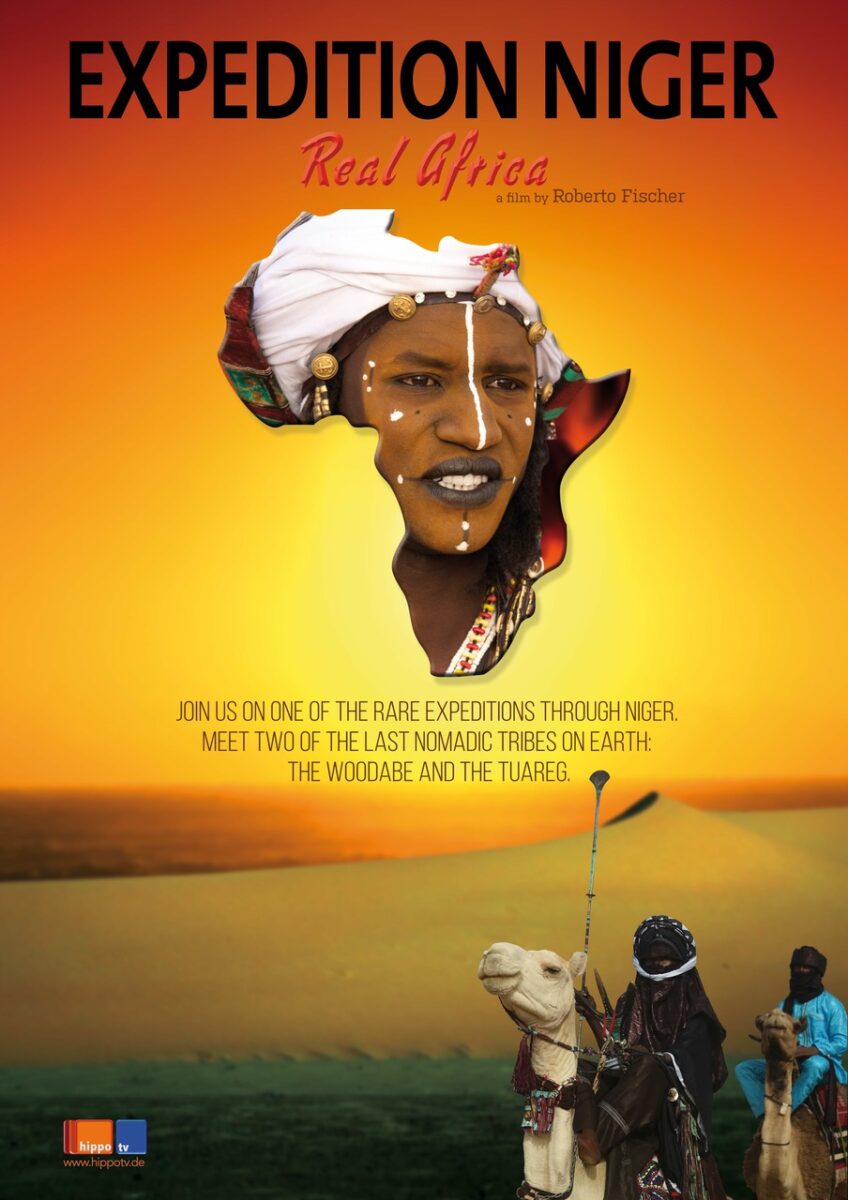
Introduce your film?
Roberto Fischer (RF): Expedition Niger – Real Africa‘ is one of the rare expeditions through Niger in which we visit two of the last In nomadic tribes on earth: The Woodabe and the Tuareg. Protected by the military to avoid terrorist attacks, we get to see Niger in all its beauty. And believe me when I say: Niger is one of Africa‘s countries where time seems to have stood still for centuries. In some parts it makes you feel as if you just came out of a time machine. Expedition Niger – Real Africa‘ was filmed in such a way, that the camera is constantly moving, just like the expedition itself. Niger is extremely colorful and as a filmmaker, you need to bring those colors home, so that people can feel what it’s all about. Original African music has been used and many parts were additionally composed. It is a musical trip as well as a geographical and anthropological experience.
Tell us why you chose to write, produce, direct, shoot, cut/edit the movie? Was it financial, chance, or no-budget reason?
RF: We produced this film because we believe that the audience has to see Niger to understand what’s going on in many parts of Africa. Countries like Niger are dismissed as “poorest countries on earth”, even though they have a deeper form of wealth, namely the smile of its people, the vastness of its deserts and the mysticism of its tribes. People can join our expedition by watching the movie and learn how important it is to preserve ancient and still existing civilizations. Africa is the cradle of humanity and one of the last continents where you can still find them. And we need to generate more awareness of environmental issues before it is too late. Watch the movie and you know what I mean.
Introduce your crew?
RF: The crew consists of Alexey Kolbov, our Russian expedition leader, who has traveled to more than 60 countries. Yaou Mahaman, our native expedition leader, who is a Kel Ewey Tuareg and therefore cannot stand still for a moment. Our drivers are Hamada Yahou, Mohammed Agali, Isaka Soleil, Mamman Ramu, Amadu Haruna, and Mahaman Hamza. They do not only know how to drive their offroaders in adverse conditions but more importantly how to repair them in the middle of nowhere. Abu Bakar was our cook and one of the most creative ones I ever came along. The ‚Garde National‘ protected us at all times and made sure we stay away from Boko Haram and all other terrorist groups who are active in the region. I also want to mention a very talented Syrian Photographer, Amjad Alhalabi, who has helped us operating our stunt camera. And Maxim Russkikh, our Russian drone expert. Nonetheless, nothing would have worked without the finance minister’, Alka Fischer, who is my wife, and made this film possible. I just ran the show, shot the scenes, and did the rest. Back in the studio I also composed parts of the soundtrack. Once everything was done, my good old friend Philipp Goller, chief editor and a superb journalist took over and finalized the chaos I created.
What are your personal experiences putting on all these hats/responsibilities (simultaneously)? Tell us about the story, writing, and production?
RF: It was an amazing collaboration despite of language and cultural barriers and it was an experience I would never like to miss. This project was a typical ‚working by doing’ one. As the expedition moves on, you discover more and more things, which need to be filmed, researched, and written. Sometimes I had the feeling that this expedition would never end. It was really intense, just like learning. The good thing is that every film project widens your horizon a bit more. I have been to Africa many times, but this was my first time in Niger. I experienced people to be overwhelmingly friendly. Niger is an incredible country, where normal people, especially the ones who own almost nothing, welcome you with the brightest smiles and take time to know you better.
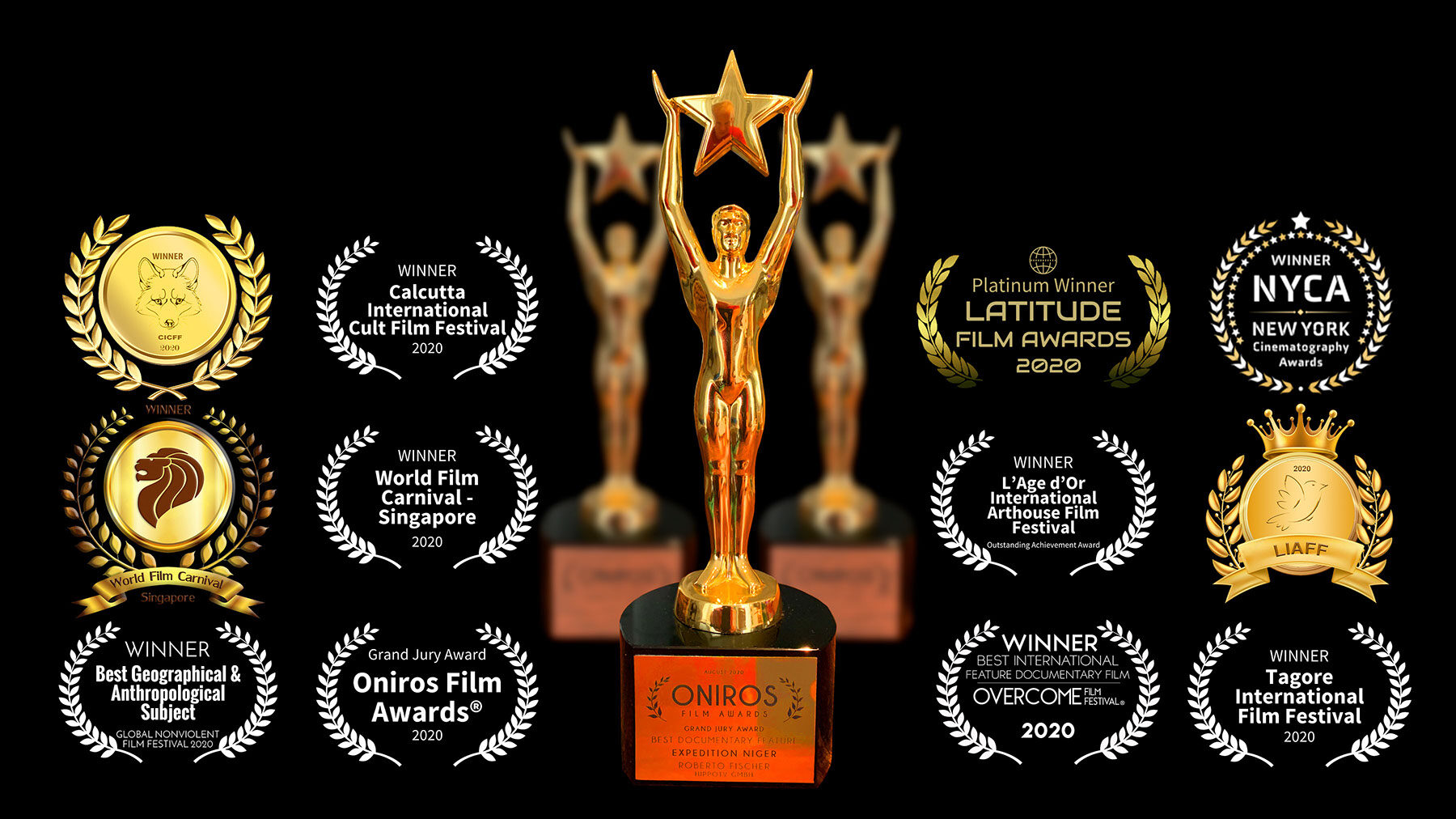
What is the source of the idea? How did the story develop from the idea? And how did the story evolve into a screenplay? Why do this story? Do you have a writing process?
RF: Best production themes happen coincidentally. I was flying to Oman for another project. On my flight to Muscat, I met Amjad Alhalabi, a Syrian photographer, who said he knows a Russian expedition leader entering Niger protected by a military convoy and that he’s thinking of joining this expedition. On the plane, we talked a lot about this expedition and before the plane had landed, we both decided to take part. Said and done.
Let’s talk pre-production: take us through a timeline of how you started and ended it?
RF: Back home I put together my equipment. For many weeks I did tests and chose all I would need for a rugged ride. No need to talk about formalities and all the organizational work which comes along with such a project. Once back from shooting, the real work of post-production gets you really involved. For over 1 year I got up every morning at 4 am to work passionately on this project. It felt like reliving the Expedition to Niger each single day while editing. The writing process already started in Niger. You write down a lot and that helps when editing. It´s endless work, but once the movie is finished, there is nothing compared to that. And when you start winning international festivals you know you are on track.
What was your rehearsal process and period?
RF: Two and a half months of preparation putting together needles and pins.
You shot the film in 10 days. How long were your days?
RF: Almost two weeks from early morning until I dropped dead in bed for a couple of hours. You know you have to bring home excellent footage and that you cannot fly back to repeat any of the scenes.
Did the tight shooting schedule make it harder or easier? How did it affect performances?
RF: The tight schedule was challenging indeed, but also a good lesson to work effectively and stay concentrated. Even during my sleep, I started dreaming of what still has to be shot or what I might have forgotten. The biggest problem was power supply and the never ending dust, which is deadly for cameras. Also backing up the data eats a lot of time, which you could rather use resting.
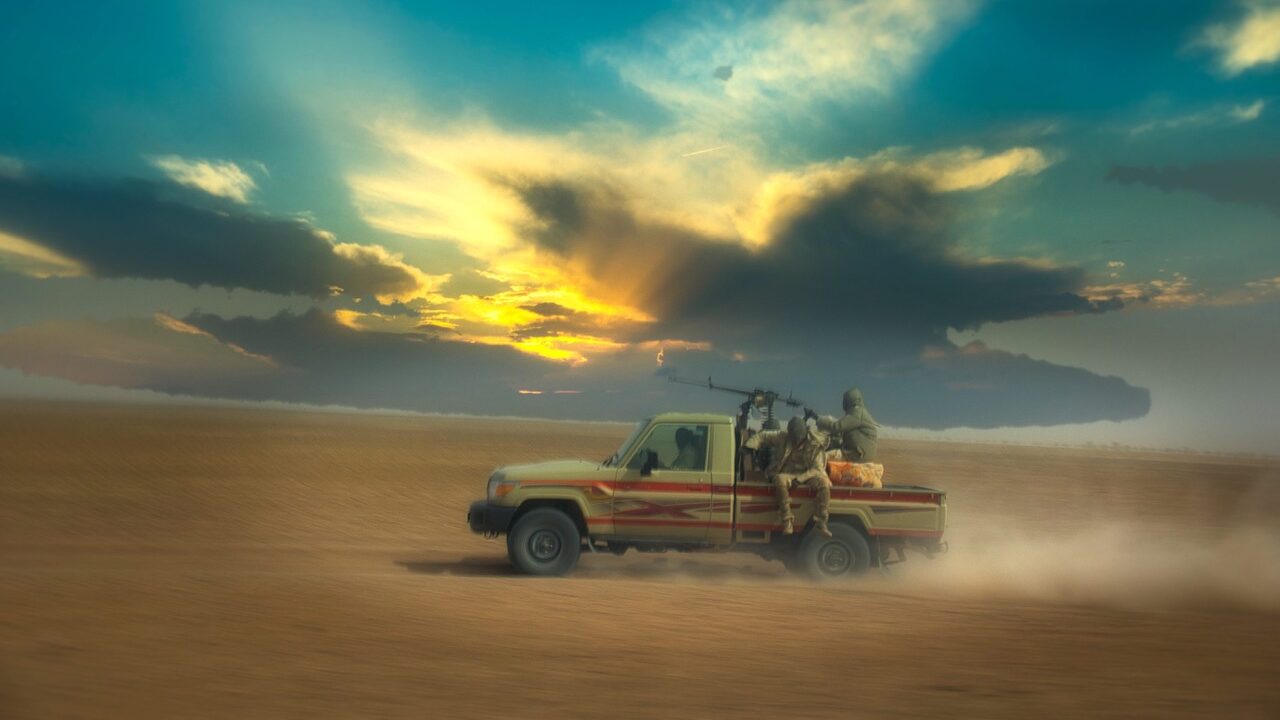
During the film production, what scene (that made the cut) was the hardest to shoot? And why?
RF: Every scene was a challenge. The almost non-existing roads were a challenge. The tight schedule given by the military and the danger warnings had to be followed. You have to reach certain military posts on time to be able to continue traveling. It‘s a kind of run and gun thing. You have to be always alert and ready – within seconds. While you‘re talking to someone regarding your research, something else happens somewhere else and you drop everything to catch that scene. That scene then has to be filmed thoroughly, from editable angles in order to be able to cut it once you‘re back home in the postproduction. In my mind, I was always cutting the scenes, in the car, in my sleep, and in my dreams. I brought home 70 hours of material of very good material. Each single day the longing for a bath and a couple of hours more rest became bigger. All in all it seemed like an endless trip. Tough but spectacular.
What worked better in this latest production that mightn’t have worked so well in the last one you did?
RF: Me doing almost all the filming speeded things up a lot, even though it pushed me to the limit. Also, the intense preparations made my life so much easier when shooting. I recommend everybody to invest a lot of time in preparation and tests before you hit the road. Luckily almost everything worked as expected.
What were the advantages and disadvantages of the way you worked?
RF: The advantage was the speed and the flexibility of shooting. The disadvantage was, that I could hardly rest. At some point, you stop caring for yourself. You even forget to eat and drink. Only pictures count.
What was the experience like of working with a small shooting crew?
RF: I could have never done it with a bigger crew. I had my cameras next to me. On the road, in the tent, day and night. Always.
The film looks stunning. How did you get such a good look when shooting so fast?
RF: A lot of attention, a care for precision on quality of the end product and my decades of experience helped a lot. I believe know how is king, but the experience is “King Kong”.
When did you form your production company – and what was the original motivation for its formation?
RF: In 1984, when I became a studio musician, I founded an audio recording studio and in 1990 I founded one of the biggest post-production studios in Munich. The motivation always was to be able to produce as much as I can independently. For that, you need to know your gear and what you are doing. I love the technique and I love my job.
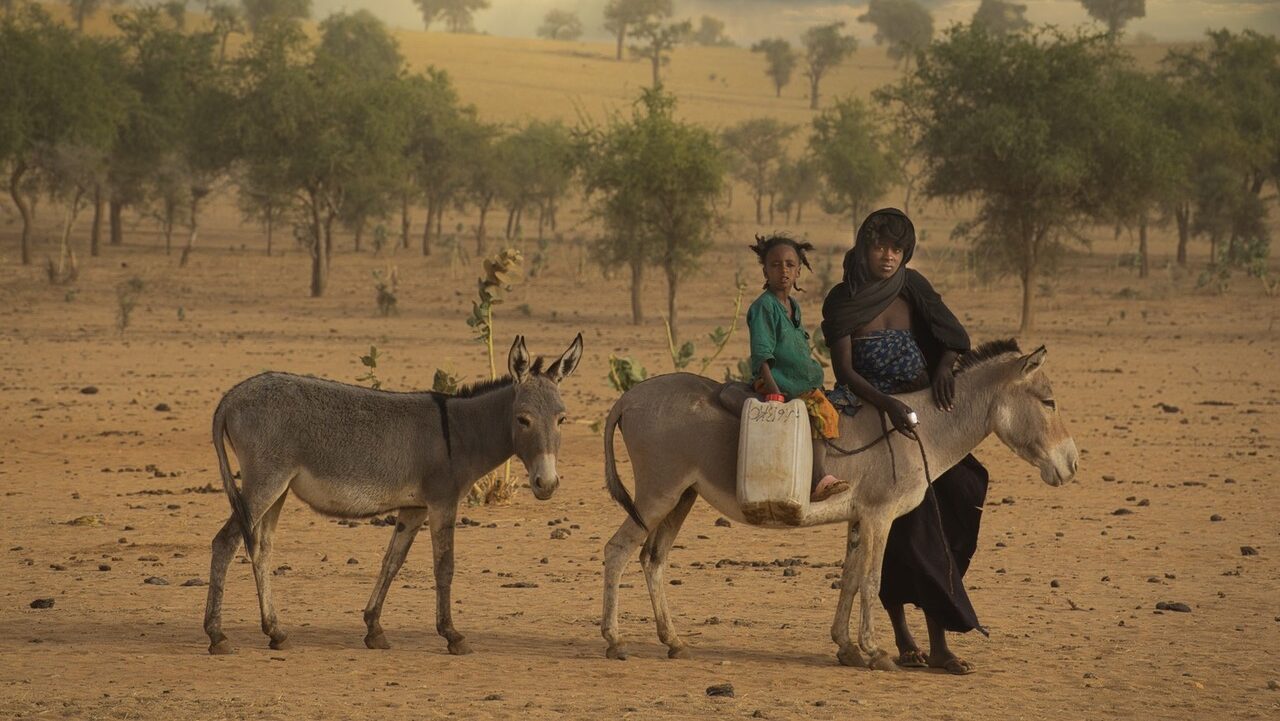
What was the first project out of the gate?
RF: It was a production for a South African company called “Gold Corporation”. We filmed in the gold mines of South Africa. That was back in 1985 on 16mm Film with an Arri ST, an Arri BL, carrying tons of heavy 16mm footage and heavy HMI-lights.
What about independent filmmaking and the business do you still struggle with?
RF: Many TV Stations and film distributors take advantage of unexperienced Indie film producers. Some of them are surely not out there for collaboration with fair play. You come home with a real good film, you win many awards and if you don´t accept their terms & conditions, which come along with a ridiculous price, the story ends there. Indie producers work hard and need a fair compensation. Period. Recently I hear and read many stories of how big players like Amazon or Netflix exploit young and very unexperienced Indie filmmakers. We should create a bigger awareness and boycott those big players. I myself try to avoid buying through Amazon and prefer to buy my equipment in a real shop. Buying cheap kills our industry and jobs in the country we live in. I like the initiative of the people from the “Global Non-Violent Film Festival” who are planning to start their own platform in 2021 which aims the goal to become a serious competitor to Netflix. I believe, if they will come around with a fair share for Indie filmmakers, who will put their movies on their portal, it could become a great success. Competition stimulates the business. Btw: I have experienced the “Global Non-Violent Film Festival” being an outstanding festival with lots of action and superb communication. Good luck, guys!
Where do you think your strengths lie as a filmmaker?
RF: Over the decades I´ve done it all. Be it Commercials, TV programs, Series, Image Videos, Business TV etc. Today I am able to make movies from beginning to end – actively and passively. With passively I mean that in times of corona I can direct a movie from abroad. I don´t need to be on the set at all. Technically we already have all the possibilities.
Let’s talk about finance, How did you finance the film?
RF: I financed it through my own company, HIPPOtv GmbH. We are a small company but financially fully independent.
How much did you go over budget? How did you manage it?
RF: This is one of our specialties: we calculate and always remain in the budget.
How important is marketing? Talk about the festival tour? Do you think a project can make a dent without it nowadays?
RF: I think festivals are an important tool for marketing and for recognition. With so many films taking part at festivals, winning is not a piece of cake. You need to have a good movie, with an interesting topic and well made.
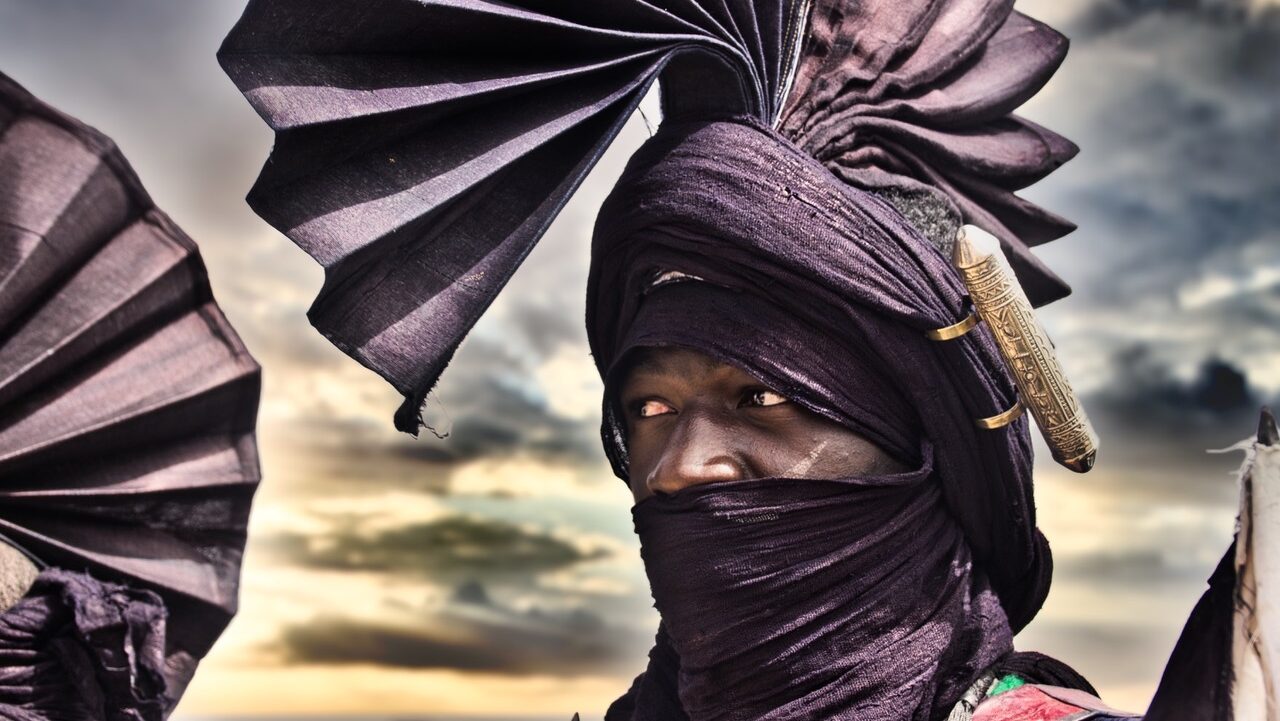
Tell us about marketing activities or efforts on this project – and how it worked or didn’t work?
RF: Due to Coronavirus, it has become more challenging to bring a film to the market. Most of the festivals are virtual and one on one presentations are harder to achieve. Our cinema premiere was postponed due to the first lockdown. Without Coronavirus we would have just sold our documentary worldwide and not gone to any festivals at all. With the virus, we changed our strategy and took part in festivals. We won the “Global Non-Violent Film Festival” in Canada and had our premiere online with them. Until now we have already won 10 international film festivals and are still in cue until mid/end of next year for other festivals all around the globe. And who knows, maybe an Oscar at the end?
A second cinema premiere was planned from 20th to 22nd, November in Munich, Germany. Unluckily another lockdown came and a third one right after that. As our movie is quite timeless and no expeditions to Niger are possible anymore, we will visit many more festivals in 2021 and take our sweet time to thoroughly sell the movie worldwide. For sure we won´t put it on Amazon Prime and get exploited. Forget!
What do you hope audiences will get from the presentation of your film?
RF: The audience joins us on a rare expedition through Niger and gets to meet two of the last nomadic tribes on earth: the Woodabe and the Tuareg. Our documentary not only takes us back in time but respectfully shows the cultural richness of Niger and its remaining tribes.
What else have you got in the works?
RF: Our new documentary will be titled: “Expedition Amazonia – the Matsés, Jaguar people of Peru”. It’s a documentary about one of the last indigenous tribes living on the Peruvian side of the Amazon. The film has already been shot and needs to be edited. I guess 2021 might be a good vintage.
Tell us what you think of the Expedition Niger – Real Africa What do you think of it? Genre? More genre? Let’s have your comments below and/or on Facebook or Instagram! Or join me on Twitter
Follow Expedition Niger – Real Africa on Social Media
Website
MORE STORIES FOR YOU

